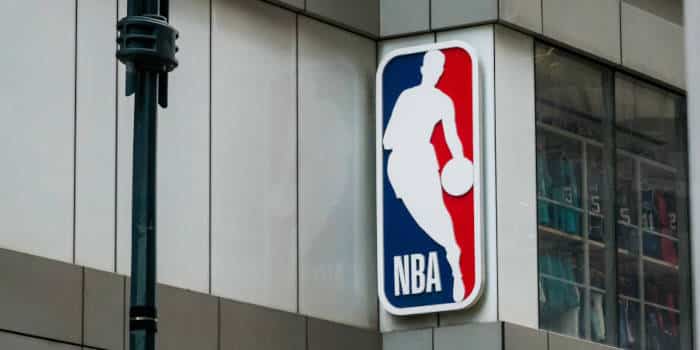- Casino
- By State
- Alabama
- Alaska
- Arizona
- Arkansas
- California
- Colorado
- Connecticut
- Delaware
- Georgia
- Florida
- Hawaii
- Idaho
- Illinois
- Indiana
- Iowa
- Kansas
- Kentucky
- Louisiana
- Maine
- Massachusetts
- Maryland
- Michigan
- Minnesota
- Mississippi
- Missouri
- Montana
- Nebraska
- Nevada
- New Hampshire
- New Jersey
- New Mexico
- New York
- North Carolina
- North Dakota
- Ohio
- Oklahoma
- Oregon
- Pennsylvania
- Rhode Island
- South Carolina
- South Dakota
- Tennessee
- Texas
- Utah
- Vermont
- Virginia
- Washington
- West Virginia
- Wisconsin
- Wyoming
- By State
- Slots
- Poker
- Sports
- Esports
Lawsuit Fails Short of Categorizing Loot Boxes as Gambling
Loot boxes are not gambling – for now, a judge has said, striking down a class-action lawsuit filed against Electronic Arts (EA), but targeting the mechanic in other games as well

Judge Justice Fleming has ruled that loot boxes could not be categorized as a form of gambling, but he allowed another part of the lawsuit to continue. This part singles out EA for its use of what the plaintiffs describe as “deceptive and unconscionable acts or practices,” and cites Canadian consumer protection law to drive the point home.
Loot Boxes Not Gambling, But EA Still in Trouble
EA has been repeatedly targeted by lawsuits and has had inroads with regulators in the Netherlands and Belgium lately, over the use of “loot box” mechanics in some of its games, but notably FIFA. However, EA was happy with the ruling by Fleming, saying that the company welcomed the court’s decision to reject the claim that the company had been offering illegal gambling.
“The court’s decision reaffirms our position that nothing in our games constitutes gambling,” a spokesperson for the company said. The judge has mostly sided with EA’s argument, which states that any loot boxes in games like FIFA do not allow you in fact cash out real money, although there have been some ways to do that through third-party black markets.
However, any third-party black markets do not mean that the game itself facilitates or encourages this practice. In fact, EA explicitly forbids the practice. The judge simply stated:
Unlike a casino chip, virtual currency and virtual items in loot boxes can never be ‘cashed out’ to gain money.
Fleming similarly explained that the only way for a game like that and its loot box mechanic to be seen as gambling is to offer the chance to win or lose real money. However, he acknowledged that third-party markets do in fact support the claim to an extent. This is why a part of the lawsuit may continue.
EA Has Been Offering Loot Boxes All Over the World
Mark Sutherland, who is suing the company, wants compensation from EA for money he spent on loot boxes. He argues that the company has been operating loot boxes since 2008 and across dozens of games, which has more or less introduced gambling to underage audiences.
While regulators in Belgium have mostly agreed with this and banned the mechanic outright, the debate about the nature of loot boxes rages on. The Netherlands has been actively debating the matter but has not yet issued a ban on loot boxes, although there seems to be a growing political momentum behind this.
Correction: A previous version of the story claimed that loot boxes had been banned in the Netherlands. This is not correct. However, multiple games have been prohibited from accessing the market with their loot box mechanic, such as Diablo Immortal.
Related Topics:
Although Fiona doesn't have a long-spanning background within the gambling industry, she is an incredibly skilled journalist who has built a strong interest in the constantly growing iGaming network. The team at Gambling News is glad to have her on our roster to help deliver the best stories as soon as they hit. Aside from writing, she loves to dabble in online casino games such as slots and roulette, both for her own enjoyment and also as research to better improve her understanding of the industry.
More Articles







Casino
June 30, 2025
Vietnam Greenlights $2B Van Don Casino Resort

Casino
June 30, 2025
BC.Game Player Turns $20 Bet into $100K+ Payout

Casino
June 30, 2025
Hard Rock Executive Under Fire Due to Alleged Misdeeds

Casino
June 30, 2025
Wynn COO Vows Change Amid Ongoing Regulatory Pressure

Casino
June 30, 2025
DIMOCO Enters Germany iGaming Market with Neo.Bet

Casino
June 30, 2025
Man Admits to Laundering Cocaine Money Through Casinos











